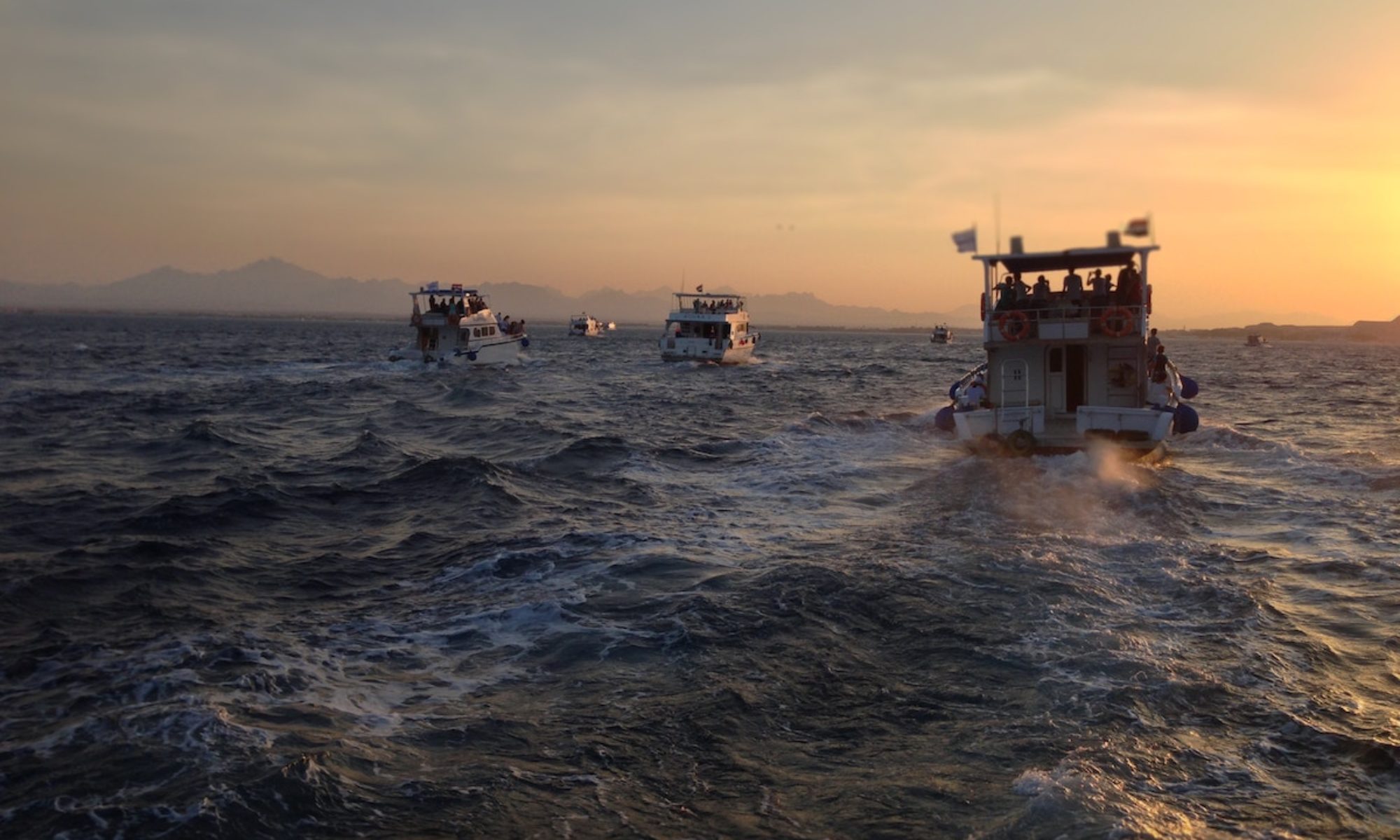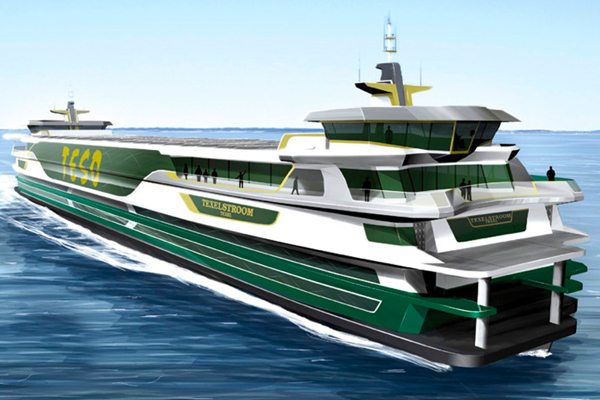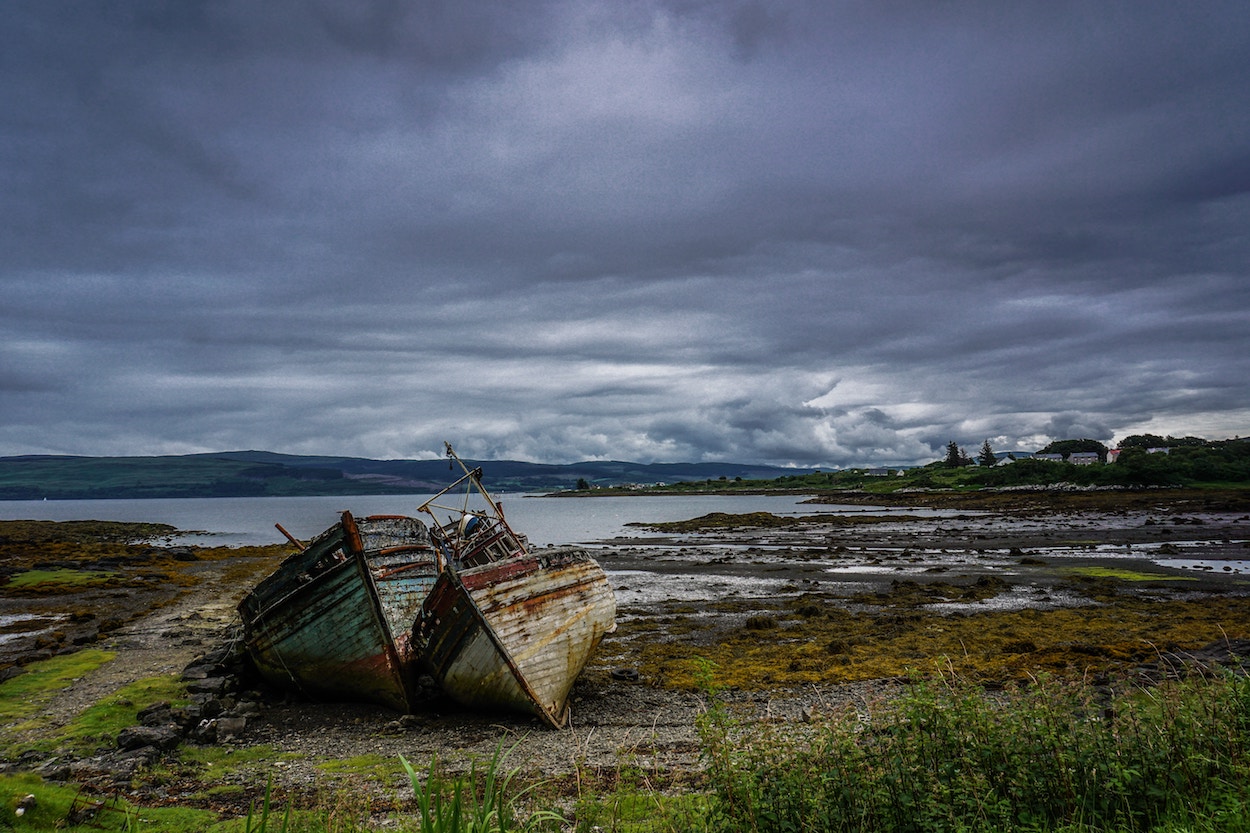Multiple threats to marine ecosystems
Real and present threats to the health of the oceans, and concerns about their impacts on economies and societies continue to come under scrutiny, and justifiably so.
Urgency mounts to find solutions to the multiple stresses on ocean ecosystems. Among these threats are fisheries collapse, chemical and plastic pollution, warming and acidifying ocean waters, shifting water and wind circulation patterns, and sea level rise.
Shipping emissions
Analysts forecast that the shipping industry’s carbon gas emissions could increase as much as from 50 to 250 percent worldwide come 2050. Furthermore, the industry’s share of global emissions is forecast to increase from around three to 17 percent given the realization of the UN Paris Accord’s emissions reduction goals across other sectors.
Shipping and aviation greenhouse gas emissions are not included in the UN Framework Convention on Climate Change’s Paris Agreement, however; and members of the UN International Maritime Organization (IMO) have been unable to agree on any global industry emissions reduction targets.
Some shipping companies and other maritime organizations are advancing along this course nonetheless. They’re investing greater amounts in new ship designs and propulsion technology in bids to increase fuel efficiency, reduce emissions and waste, and create a core set of industry best environmental practices. Continue reading “Pressed to Reduce Shipping Emissions, Leading Organizations Turn to Lithium Ion Energy Storage”


